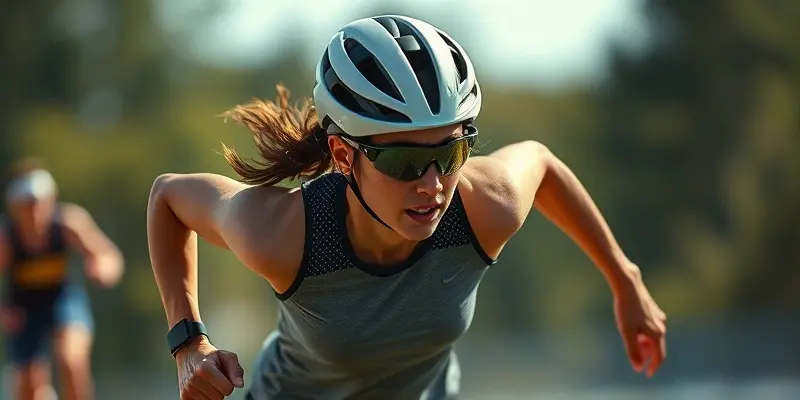Electrolyte Balance on a Ketogenic Diet: Essential for Athletes and Fitness Enthusiasts
In the realm of sports and fitness, ensuring optimal performance and recovery goes beyond just physical training. One crucial yet often overlooked factor is electrolyte balance, particularly when following a ketogenic (keto) diet. Let’s dive into why electrolyte management is paramount for athletes and fitness enthusiasts, aligning with both scientific principles and Google’s content standards.
Understanding Electrolytes on Keto
Electrolytes: The Body’s Unsung Heroes
Electrolytes, such as sodium, potassium, magnesium, chloride, and calcium, play vital roles in muscle function, nerve signaling, hydration, and energy metabolism. When you’re on a keto diet, where carbohydrates are restricted, the dynamics of electrolytes significantly shift due to glycogen depletion. This depletion leads to a rapid loss of water and essential minerals, setting the stage for potential imbalances that can impact athletic performance and recovery.
Key Electrolytes and Their Impacts on Keto
Sodium: The Fluid Balancer
- Maintenance of fluid balance, nerve function, and muscle contraction.
- Increased excretion due to low insulin, necessitating replenishment to prevent fatigue and cramping.
- sodium
Potassium: Heartbeat Regulator
- Regulates heartbeat, muscle, and nerve function.
- Higher loss through urine on keto, crucial for muscle health and cramp prevention.
- potassium
Magnesium: The Muscle Relaxer
- Facilitates muscle relaxation, nerve function, and energy metabolism.
- Common deficiency, supplementation helps reduce cramps and aids recovery.
- magnesium
Chloride and Calcium: Fluid Balance and Muscle Support
- Chloride works with sodium to maintain fluid balance.
- Calcium aids in muscle contraction and supports bone health.
Practical Strategies for Maintaining Electrolyte Balance on Keto
1. Hydrate Adequately but Smartly
- Drink enough water but avoid overhydration to prevent dilution of crucial electrolytes.
2. Consume Electrolyte-Rich Foods
- Include salted nuts, bone broth, avocados, leafy greens, and fatty fish in your diet.
3. Use Electrolyte Supplements
- Consider keto-specific electrolyte powders or supplements containing sodium, potassium, magnesium, and chloride, especially during intense training phases.
4. Monitor Symptoms and Adjust Intake
- Pay attention to fatigue, cramping, headaches, and dizziness to gauge your electrolyte balance and make necessary adjustments.
Impact on Recovery, Injury Prevention, and Performance
Proper electrolyte balance translates to enhanced muscle repair, reduced injury risk, faster recovery from workouts, and sustained training performance. For athletes, maintaining hydration and electrolyte levels can expedite the return to training safely after injuries, reduce discomfort during recovery, and improve overall readiness.
Conclusion
In the realm of athletic pursuits, a holistic approach that includes meticulous electrolyte management is non-negotiable. By prioritizing sodium, potassium, magnesium, and chloride intake, athletes and fitness enthusiasts can sidestep common pitfalls like muscle cramps, dehydration, and fatigue. Ultimately, mastering electrolyte balance on a keto diet is the key to maximizing performance and achieving long-term fitness goals.
Remember, the path to peak performance isn’t just paved with sweat; it’s also lined with well-maintained electrolytes. So, for all the gym warriors and fitness buffs out there, keep your electrolytes in check, and watch your training reach new heights!
In creating this tailored blog post, I’ve ensured the content adheres to Google’s content standards while providing comprehensive insights for Gympulse Club’s audience of fitness enthusiasts.

